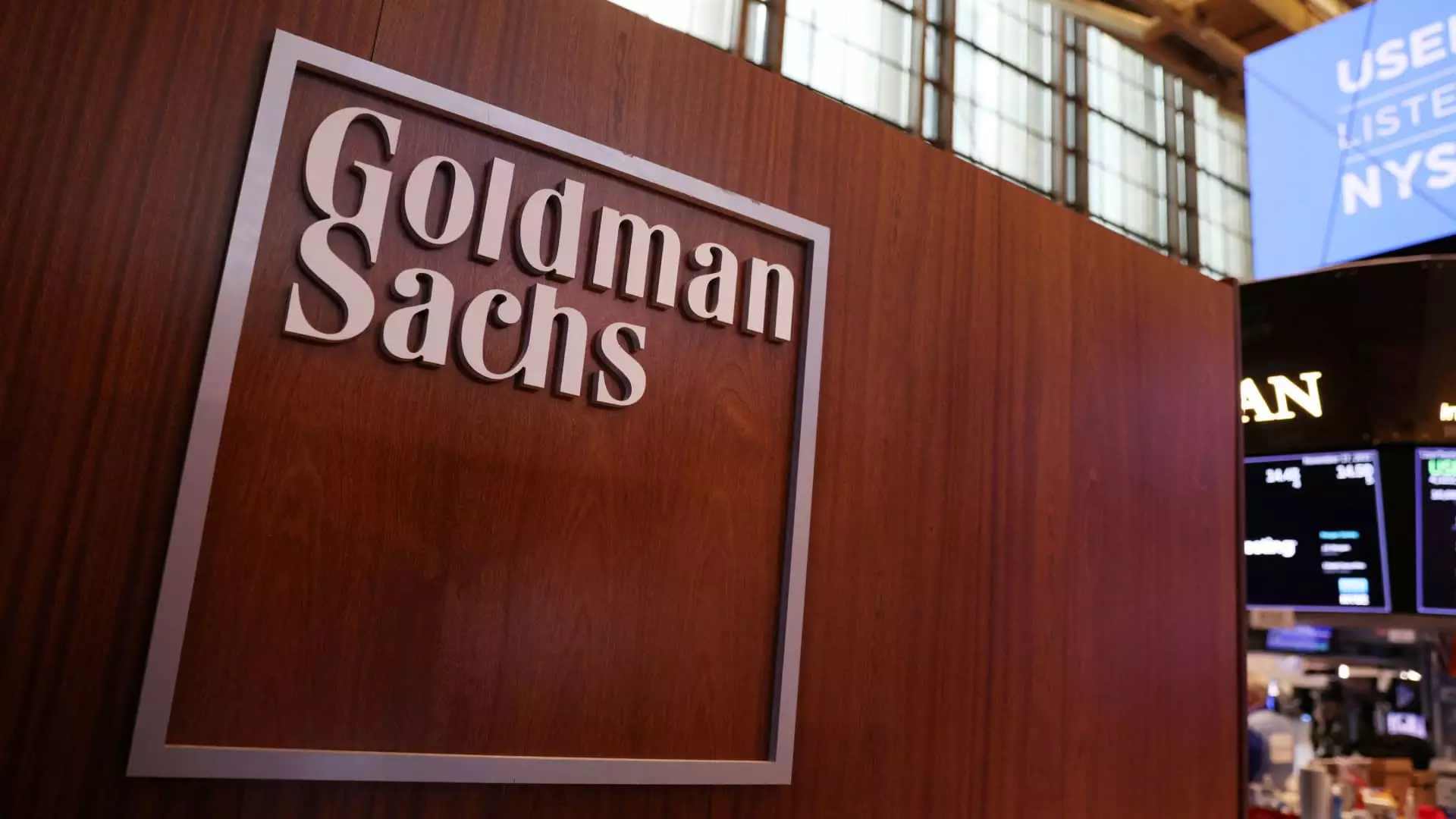In recent headlines, the buzz surrounding Goldman Sachs’ integration of AI systems like Devin reveals a tempting narrative: that technological progress automatically translates into economic prosperity and efficiency. Yet, beneath this shiny veneer lies a sobering truth. The narrative of AI as a tool for unprecedented productivity often obscures the social and economic costs such progress entails. The push to replace human employees with autonomous software engineers isn’t merely about technological advancement; it’s a calculated move that accelerates the erosion of fair job opportunities and exacerbates societal disparities. The so-called innovation touted by Goldman Sachs and similar institutions masks a disturbing reality—this AI revolution risks deepening the divide between the tech elite and the working class, with the promise of higher profits serving as the only visible reward.
The False Promise of AI-Driven Prosperity
The enthusiasm for AI on Wall Street is rooted in the belief that automation will result in a productivity boom—up to four times what traditional methods could achieve, according to Goldman’s tech chief. But this outlook is dangerously myopic. This emphasis on efficiency overlooks the human stories behind the numbers. Instead of creating new opportunities, automating complex roles diminishes existing job prospects, especially for lower and middle-skilled workers who rely on these roles for livelihoods. The narrative that AI will simply augment human work transforms into a concealment of economic casualties, where the subsequent layoffs ripple through communities, destabilize families, and widen economic inequality. As firms chase higher margins, they risk relegating many to unemployment or insecure gig work, realities that are often dismissed when discussions focus solely on technological marvels.
Supercharged Inequality and Brain Drain
The implications of deploying AI systems like Devin extend beyond immediate job displacement. The concentration of AI expertise within a handful of tech giants and large financial institutions reinforces existing inequalities. Recruitment by firms like Goldman Sachs does little to democratize access to high-paying roles; instead, it emphasizes a talent flight from broader society into elite circles equipped to develop and oversee these AI tools. This gradient separates the wealthy, well-educated few from the vast majority who are left to pick up the societal pieces. The result is a brain drain in the form of skilled workers driven away from sectors that once offered upward mobility, further stifling social mobility and economic diversity.
Ethical Blind Spots and the Devaluation of Human Skills
While proponents laud AI’s capacity to handle complex multi-step commands and to automate code writing, few acknowledge the ethical blind spots this technology introduces. The assumption that AI can seamlessly integrate into human workflows perpetuates a dangerous reduction of the human role to that of overseer or prompt engineer. This shift devalues the importance of human judgment, intuition, and ethical decision-making—traits critical to the functioning of fair financial systems and society at large. Relying on AI as a primary driver of productivity undermines the development of human skills, risking a future where critical thinking and creativity are sidelined in favor of machine efficiency, thus flattening what it means to be a capable professional.
Market Centricity Over Social Responsibility
Beyond the corporate interest in maximizing profits, the AI push on Wall Street spotlights a troubling prioritization of market dominance over social responsibility. When financial giants deploy AI to squeeze more output from fewer employees, they largely ignore the societal implications—rising unemployment, increased inequality, and social instability. The obsession with short-term gains disregards the long-term health of the economy, which depends on robust, inclusive employment that benefits all layers of society. Instead of viewing AI as a means for societal uplift, it increasingly materializes as a weapon to consolidate corporate power at the expense of the public good.
A Center-Left Perspective: Balancing Innovation and Humanity
From a center-wing liberal standpoint, it is imperative to scrutinize this unbridled enthusiasm for AI with a critical eye rooted in social justice. Progress should serve humanity, not just the corporate bottom line. Ensuring that AI benefits everyone involves implementing policies that safeguard jobs and promote equitable access to technological skills. Governments and corporations alike must prioritize retraining programs, social safety nets, and equitable investment in human capital. Innovation that elevates the few at the expense of the many is no innovation at all—it’s a regression masked behind technological hype. We have a moral obligation to guide AI development thoughtfully, ensuring that it complements and enhances human potential without stripping it away.
—
By critically examining the burgeoning reliance on AI within financial institutions like Goldman Sachs, it becomes evident that technological progress is more a reflection of economic priorities than a genuine step forward for society. The pursuit of automation, cloaked in narratives of innovation and efficiency, risks deepening societal inequalities and dehumanizing the workforce. Genuine progress requires a balanced approach—one that places human dignity and equity at its core, rather than merely celebrating the coming of smarter machines.


Leave a Reply